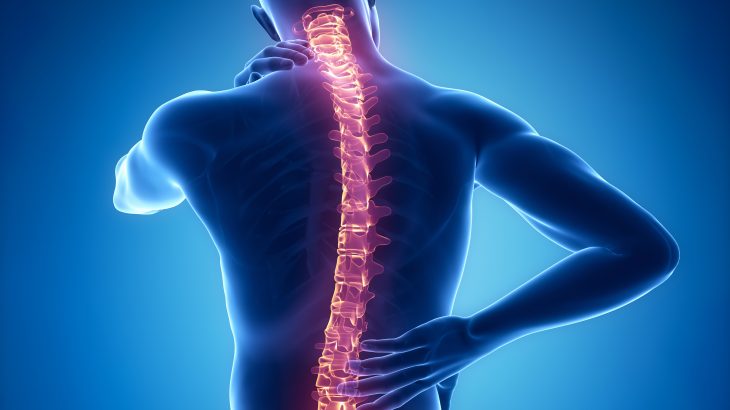Neurology: Over 70% of Nigerian patients unable to access treatment –Experts
Some medical experts have said that more than 70% of Nigerians requiring neurological emergency attention were unable to access treatment due to a multitude of challenges. They stated this yesterday in Abuja during a news briefing organised by Brain and Spine Foundation Africa. It was themed ‘The state of neurological emergencies and health care in […]

Some medical experts have said that more than 70% of Nigerians requiring neurological emergency attention were unable to access treatment due to a multitude of challenges.
They stated this yesterday in Abuja during a news briefing organised by Brain and Spine Foundation Africa. It was themed ‘The state of neurological emergencies and health care in Nigeria.’
The medical experts called on the federal government to prioritise and address the rising cases of neurological emergencies in the country.
Founder and Executive Director of Brain and Spine Foundation Africa, Engineer. Chika Okwuolisa, said neurological emergencies were life-threatening central nervous system conditions that affect both children and adults.
Senate appoints Hayatu Abubakar as Consultant on sports
Stakeholders urge Bauchi Govt to invest in para sports
She said the challenges include lack of information and adequate knowledge about neurological conditions, financial constraints, and shortage of neurological professionals.
Okwuolisa said there is need for substantial investments in educating the public on preventive measures, adding that this proactive approach is crucial in curbing the rising crises.
She said that swift and appropriate intervention could be the difference between life and death, as well as between full recovery and a lifetime of disability.
She also said there was a critical need for enhanced medical emergency rescue services.
Okwuolisa called on government, and philanthropists to collaborate with the foundation to bridge the gaps in neurological healthcare, adding, “The exorbitant costs entailed in the diagnosis, treatment, management, and rehabilitation of individuals grappling with neurological conditions have always been a daunting barrier for many, presently, it’s a crisis!”
She also called on the government to allocate significant resources to neurological healthcare, and prioritise prevention by allocating funding for advocacy for entire citizens development of pre-hospital care centres, including a coordinated call centre to facilitate timely care for acute and emergency neuro-patients, as well as other individuals experiencing emergencies such as a heart attack.
Douglas Emeka Oka, a neurosurgeon and a Nigeria Health Sector Reform Advocate, said it is important for government at all levels to “Think right, act right and spend right for health care in Nigeria.”
He said massive poverty and illiteracy were the two key risk factors for head injuries and spine injuries in the country.
The Chairman of the Nigerian Medical Association (NMA), Federal Capital Territory (FCT) chapter, Dr Charles Ugwanyi said there are no CT scans, a critical equipment for diagnosis of neurological conditions in all the 14 district hospitals in the FCT.
He called on the government at all levels of care to allocate adequate resources to health to ensure optical care for the populace.
Representative of the United States Decade on Injury Prevention in Nigeria, Dr Yusuf Subaru said addressing the human factor in road crashes would go a long way in reducing neurological problems.
He said there were currently poor efforts in post-crash rescue because the timing for rescue is too long compared to the life span for survival.
